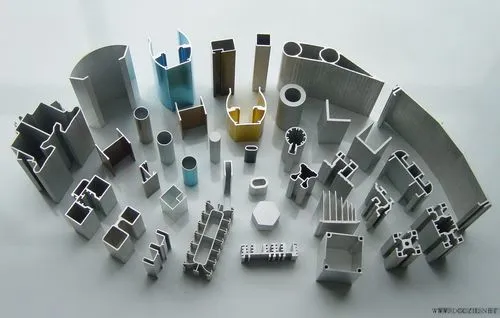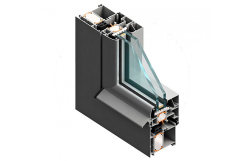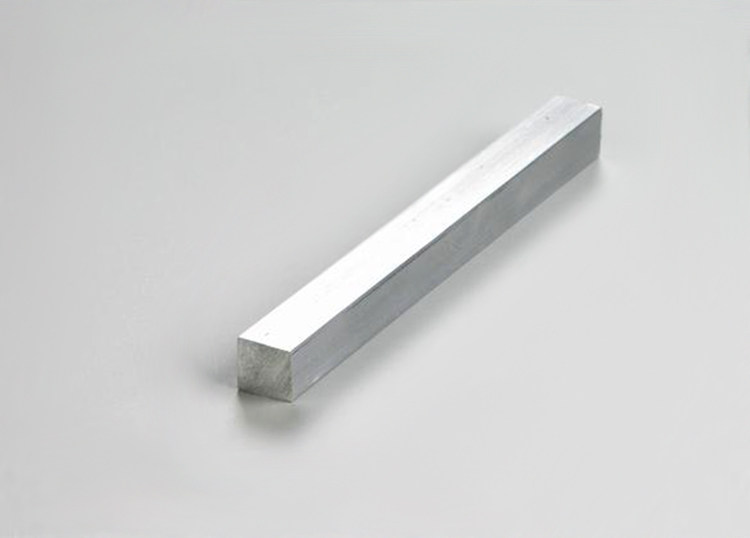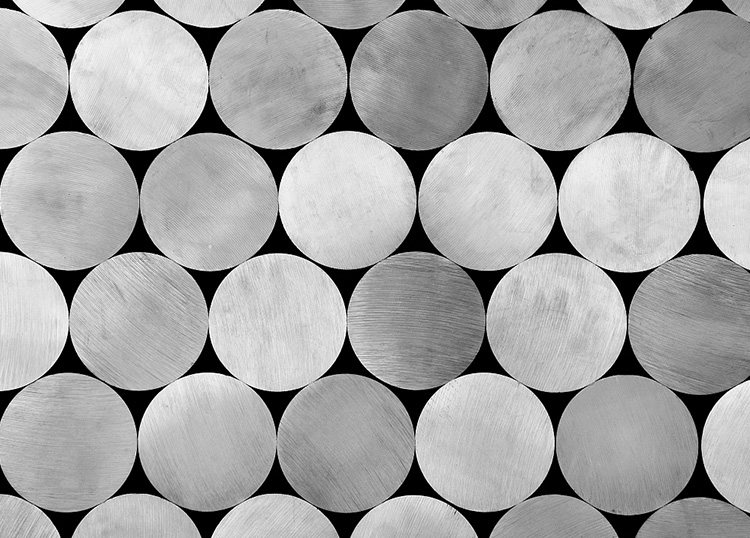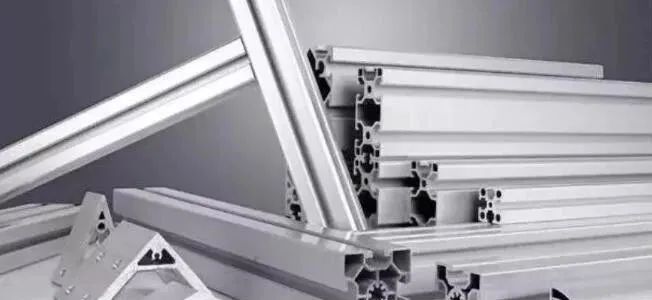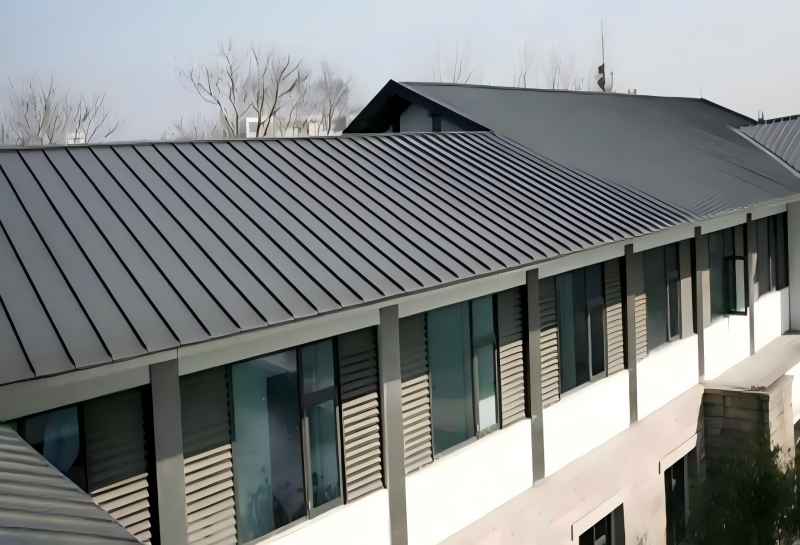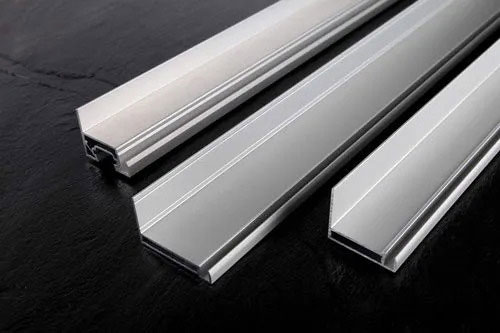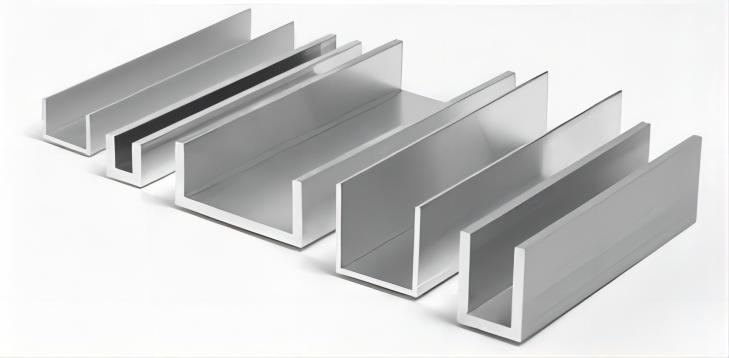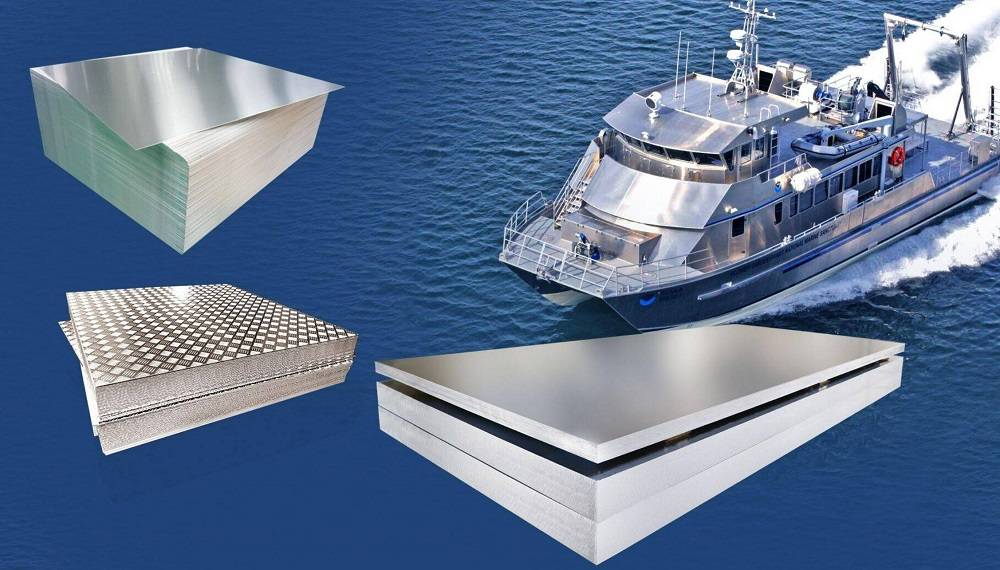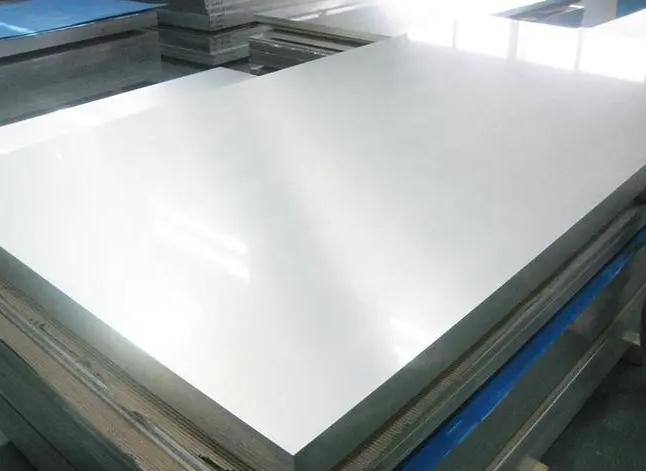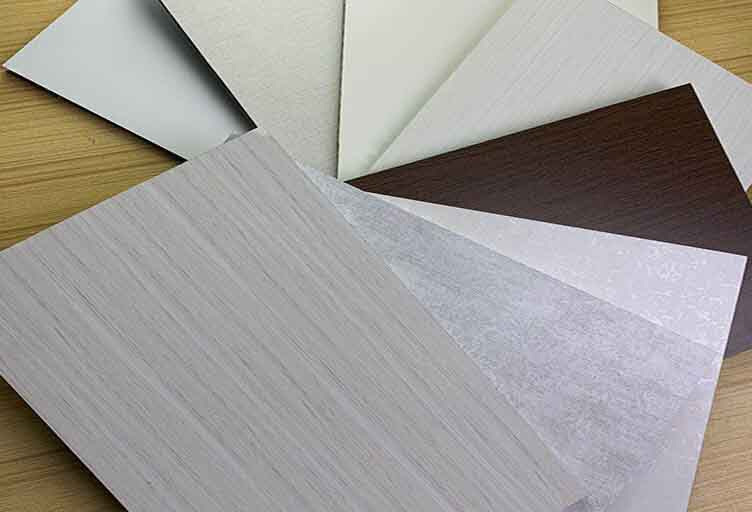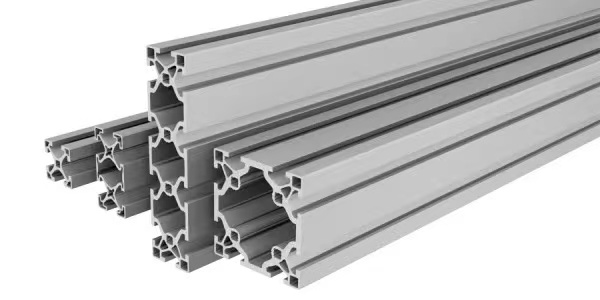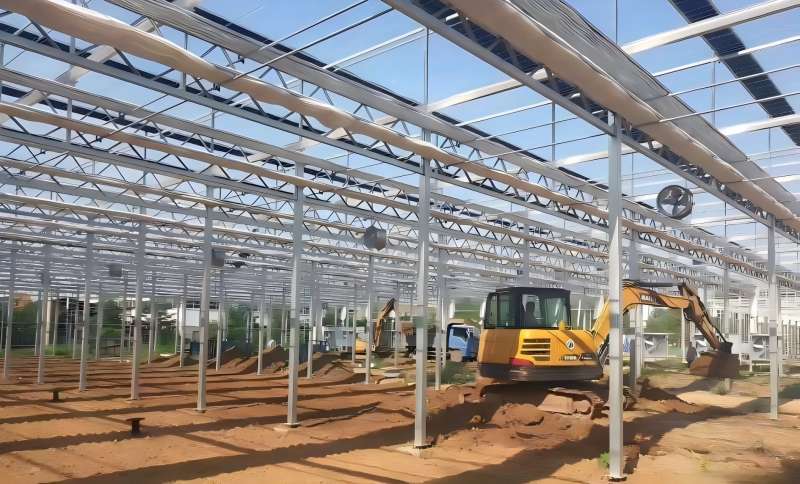Aluminum profile processing annealing is divided into aluminum plate, aluminum strip annealing, and aluminum foil annealing. The purpose of annealing is to eliminate the cold work hardening of continuous rolling or deep working, control the state and properties of the product, remove the rolling oil and improve the surface quality.

According to production capacity and scale, aluminum annealing furnaces are divided into annealing production lines consisting of single annealing and annealing furnace groups. bypass cooler).
The furnace body adopts a large air volume fan to circulate and heat the aluminum material. The diversion device in the furnace can effectively ensure that the airflow evenly passes through the aluminum material so that it can be heated evenly. The heater adopts a top-mounted integral structure, which is very convenient for disassembly and maintenance.
The opening and closing of the furnace door adopt pneumatic pressing type or mechanical transmission lifting type, which has stable operation and good sealing performance. The fume extraction system of the furnace can effectively remove the oil film on the surface of the aluminum material and adjust the pressure in the furnace. The charging capacity of this kind of furnace is generally 10-50t.
Equipment for Annealing Aluminum Profiles
An aluminum annealing furnace is the most widely used equipment in aluminum profile processing and heat treatment. With the development of technology and the improvement of product quality requirements, higher requirements are put forward for the annealing of aluminum materials.
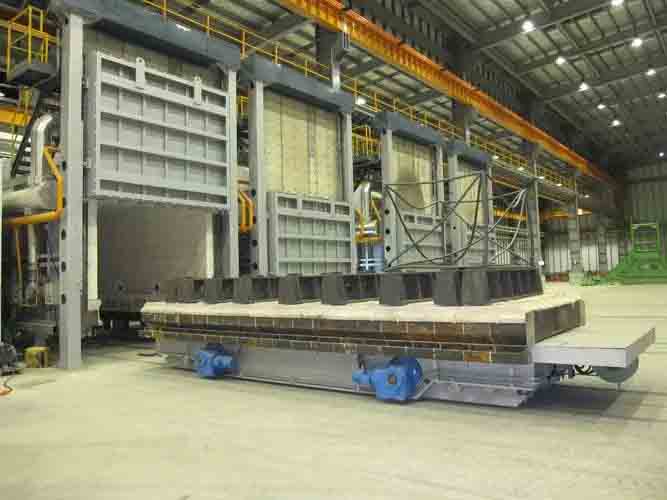
For example, the appearance quality of annealed products and the consistency of performance indicators.
The appearance quality includes peeling, bubbles, oil spots, oxidation corrosion, surface finish, etc.
The intrinsic quality of aluminum profiles includes mechanical properties, grain size, anisotropy, and so on.
In addition to the annealing process and equipment, the processing history of the product before annealing, such as ingredient composition, casting process, cold working rate, etc., also has an important impact on the intrinsic quality of the annealed product.
Types of Annealing Processes for Aluminum Profiles
To improve the quality of annealed products, it is necessary to take improvement measures in furnace atmosphere, furnace temperature control, furnace type, and so on.
1. For some annealed products with special requirements, protective gas with extremely low oxygen and moisture content can be used in the atmosphere of the annealing furnace to prevent the cracking of rolling oil molecules during the volatilization process, resulting in hydrocarbons and free tiny carbon particles. , resulting in oil spots on the surface of the product.
At the same time, the thickness of the oxide film on the surface can be reduced, so that the original metallic luster can be protected after the product is annealed.
When using protective gas, first heat the furnace to about 150°C, after charging, fill the furnace with protective gas to wash the furnace, and then raise the temperature.
During the heating period, the oil film on the surface of the product volatilizes and is discharged from the exhaust port, and at the same time, the protective gas is supplemented to maintain the positive pressure of the furnace. After the oil film is completely volatilized, high-temperature heating and heat preservation is performed to recrystallize the product in a relatively short time, and then the temperature is lowered and released.
2. Vacuum annealing is a relatively new aluminum processing annealing technology, which can prevent the cracking, oxidation, and polymerization of rolling oil molecules.
During vacuum annealing, the furnace is first pumped to a certain degree of vacuum and then heated. During the heating process, a small amount of protective gas needs to be filled to remove oil and gas, reduce the load of the vacuum pump, and accelerate the convection transfer of heat.
At the beginning of cooling, it is necessary to charge more protective gas than a normal operation to maintain a slight negative or positive pressure in the furnace, and quickly cool down the furnace through convection fans and coolers.
The vacuum annealing furnace has strict sealing requirements, a large capacity of the vacuum pump, and high requirements for equipment. It is generally used for annealing high-purity aluminum foil of electrolytic capacitors.

